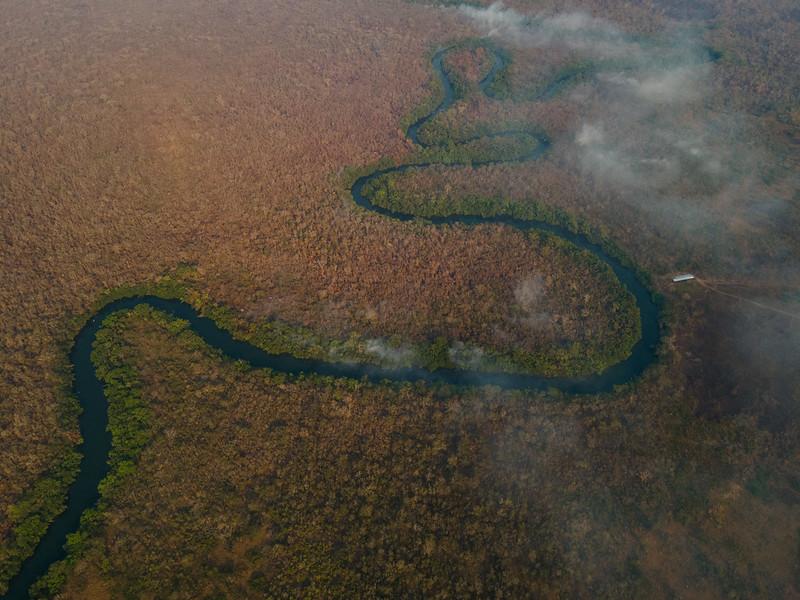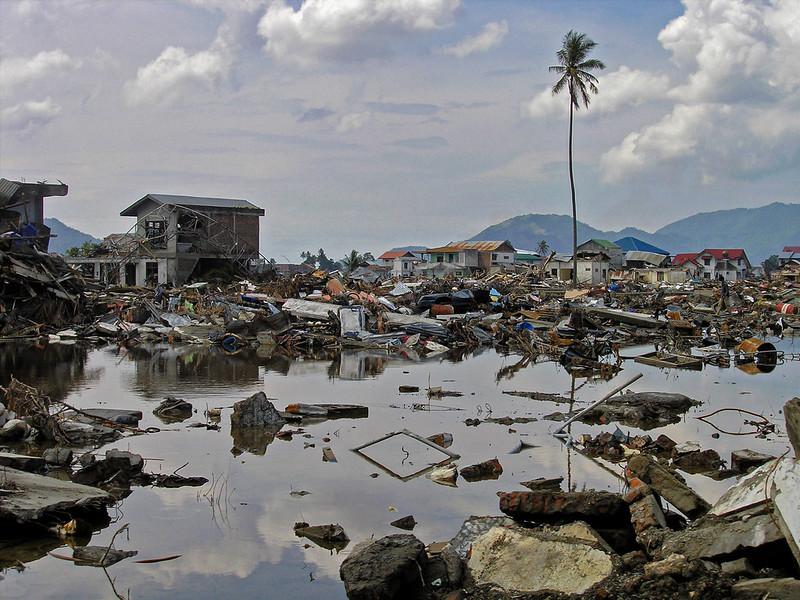The head of the German intelligence service, or Bundesnachrichtendienst (BND), Dr Bruno Kahl, said: "The BND sees the consequences of climate change such as destabilisation and migration as one of the five major external threats to our country” [1].
For the authors of the report, the world will be a less secure place in 2040. They even see “the potential for political conflict within the EU”. For example, “land areas in the Mediterranean region in particular are warming 20% faster than the global average. This is resulting in a higher demand for water in this region, which already suffers from water shortages, while at the same time, owing to climate change, there is a decline in rainfall and an increase in wildfires.” There is no way round it, they highlight: Europe needs to be prepared for such evolving situations, as the climate crisis is already here, and as unequally distributed burdens could create tensions and may weaken the cohesion within the European Union.
Background
As part of Germany’s national security strategy, the Federal government commissioned the federal German intelligence service, or Bundesnachrichtendienst (BND), and leading scientific institutions with an analysis of the impact of the climate crisis on national security. For new perspectives, the BND teamed up with scientists from a number of renown institutions: the Metis Institute for Strategy and Foresight of the University of the Bundeswehr Munich, the Potsdam Institute for Climate Impact Research (PIK), and adelphi research.
The report was presented in mid-February 2025. It outlines the risks to Germany’s national security resulting from climate change up until 2040.
The 68-page document – and its key statements – “deliberately reduce complexity and place emphasis on certain challenges”, which is designed to make reading more compelling.
For more information, visit the scrolling website of https://metis.unibw.de/nike, where a pdf file of the report can be found (in German and English).
The European Commission last year published a communication on managing climate risk in Europe (link below). It responded to the first ever European Climate Risk Assessment (second link below).
(Bridging the Preparedness Gap: Europe's Response to the Climate Crisis | UCP Knowledge Network).
Europe is not prepared for rapidly growing climate risks | European Environment Agency's home page.
[1] The other four major threats, according to Dr Kahl, are “an aggressively expansive Russia, China's global political ambitions, increasing cyber dangers, and international terrorism”.



